Burundian President Evariste Ndayishimiye has described the growing number of public servants resigning from government jobs as a “new self-reliance strategy,” despite mounting concerns over a nationwide brain drain across key sectors.
Speaking Thursday during a youth engagement event organized by the government’s youth empowerment program, PAEEJ, in Gitega, the country’s political capital, President Ndayishimiye said the trend reflects a shift in mindset.
Ndayishimiye told a crowd of hundreds of tech-savvy youth that civil servants have become more aware because they are leaving government jobs to work for themselves. “In the near future, we will lack people working for the State. Those elders should prepare themselves to come back in service.”
The president acknowledged receiving reports of high numbers of resignations in the public sector. “The Ministry of Justice informed me that people keep leaving; teachers are quitting their jobs. Where do you think they are going? They are going to work for themselves,” he said.
The president’s remarks come at a time when key public sectors—particularly healthcare and education—are struggling to retain qualified professionals due to stark wage disparities.
Surge in Departures from Healthcare and Education Sectors
In 2024 alone, thousands of specialized doctors are reported to have left the country, many relocating to neighboring Rwanda. Health Minister Lyduine Baradahana blamed the exodus on persistently low wages, revealing that a specialist doctor in Burundi earns BIF 650,000 (approximately $215) per month—compared to FRW 1,300,000 in Rwanda, $3,000 in Kenya, and $1,300 in Tanzania.
Meanwhile, the University of Burundi has also suffered significant staff losses. According to Rector Audace Manirambona, 118 employees—including 41 lecturers—resigned in 2024. Over the past five years, more than 200 staff members have left, a trend the rector warned could disrupt university operations and compromise academic quality.
Growing Frustration and Political Divide
Unions, civil society groups, and opposition politicians have raised red flags over what they describe as a worsening crisis. Aloys Baricako, chairman of the opposition RANAC party, criticized the government for failing to adjust salaries to reflect economic realities.
“Doctors are moving to developed countries in search of a better life,” Baricako said. “The government must urgently address this challenge.”
One university lecturer, speaking anonymously, pointed to systemic inequalities, noting that professionals with advanced degrees often earn far less than counterparts in other sectors.
“It’s unfortunate that a Deputy General Manager of a microfinance institution with only a high school diploma earns many times more than a PhD holder,” the lecturer said.
While some in the ruling establishment have defended the trend, others have issued harsh rebukes. In December 2024, National Assembly Speaker Gelase Daniel Ndabirabe called those leaving the country “traitors” and “mercenaries.”
“They say, ‘They pay us too little, so we’re leaving,’ as if they don’t love their country,” Ndabirabe said.
Conversely, CNDD-FDD Secretary-General Révérien Ndikuriyo offered a more positive spin, describing the trend as evidence of international demand for Burundian talent.
“Our goal is to educate many people so we have both those who go abroad and those who remain,” Ndikuriyo said at a press conference earlier this year.

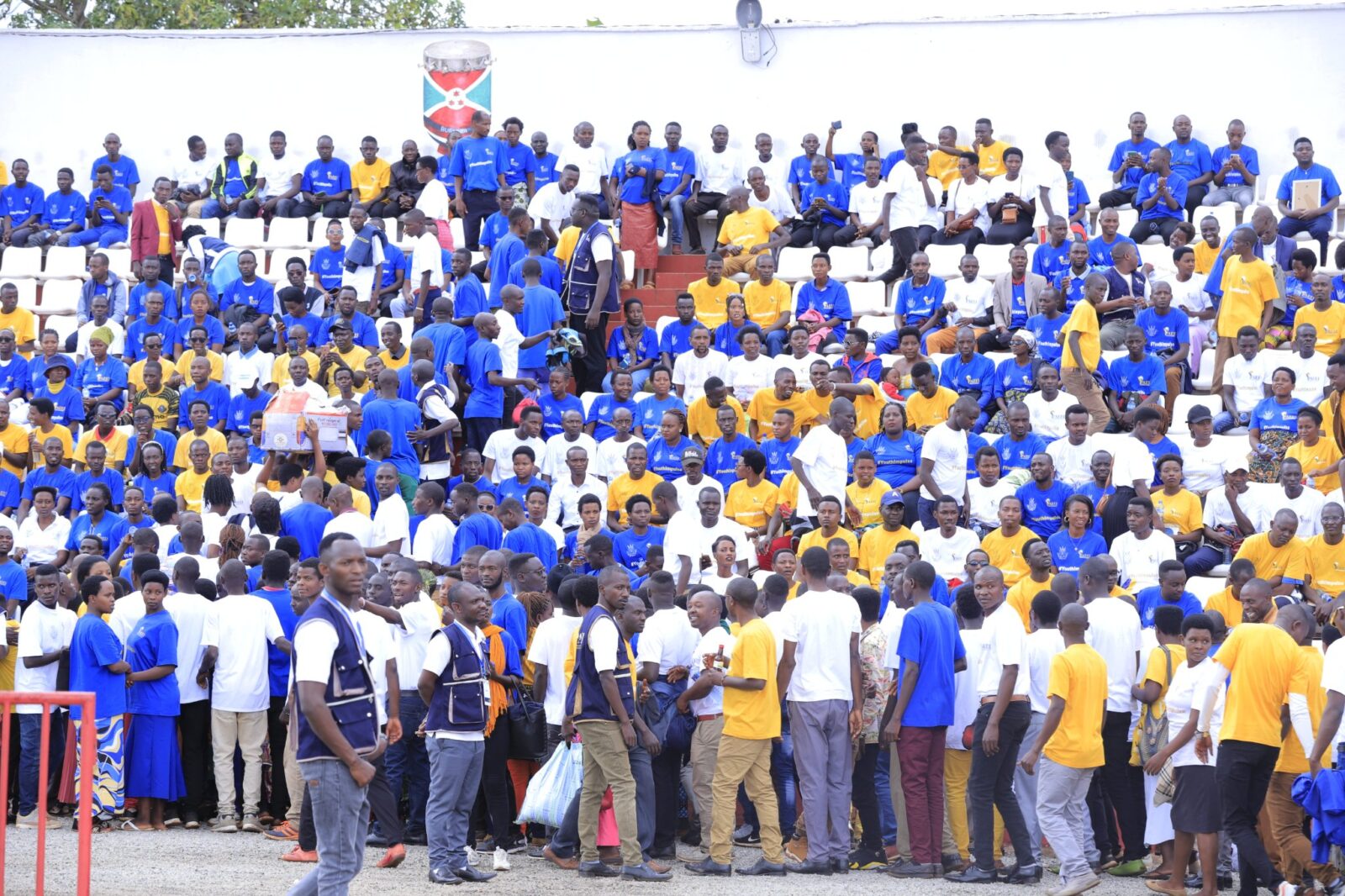
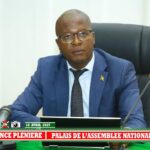
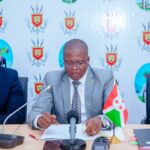


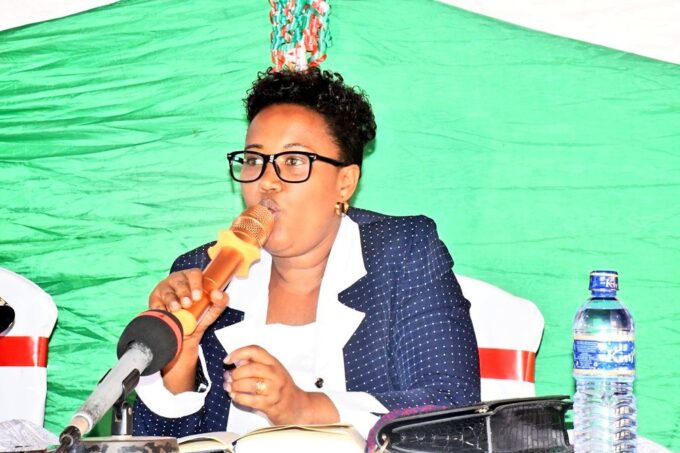
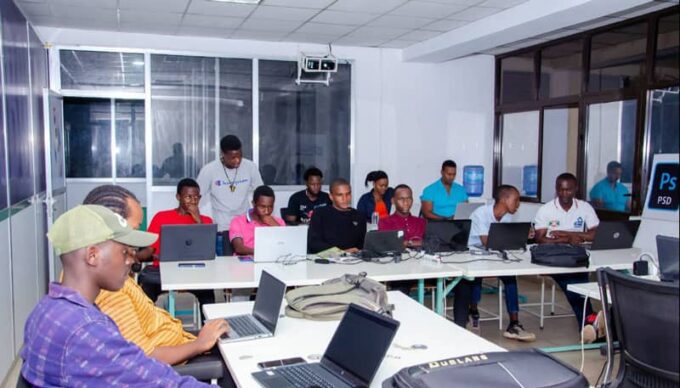
Leave a comment